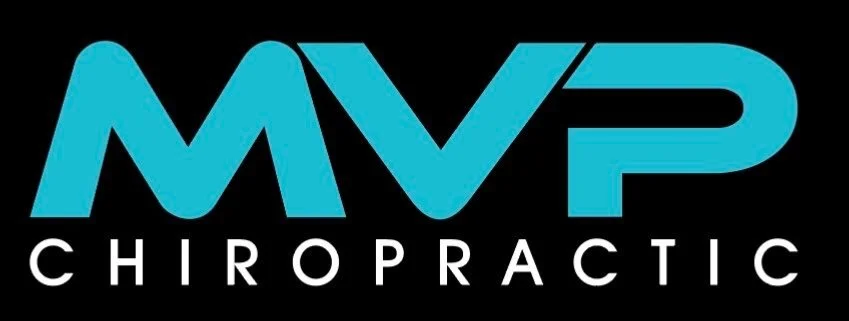Herniated Disc
-
A disc lesion means one of the spongy discs in your spine is damaged and irritated. Problems start when the disc's outer fibers become strained or frayed, allowing the inner jelly to bulge or protrude when compressed, much like a weak innertube. This can cause pain in the lower back that radiates into the buttocks or legs, called sciatica. If this occurs in the neck, there can be numbness/weakness that travels down the arm.
-
One-third of adults will experience pain from a lumbar disc at some point in their lifetime. Smokers and people who are tall or overweight have an increased risk of disc problems. Certain occupations may place you at greater risk, especially if you spend extended periods sitting or driving. Cervical disc lesions are more likely for occupations that involve repetitive standing, reaching, lifting, or overhead movements.
-
Lumbar traction, or spinal decompression, may be useful for managing lumbar disc lesions. Cervical spinal decompression may help with cervical disc herniations. In addition to using traction as a modality, our providers will use chiropractic care and exercises to help facilitate your recovery.

